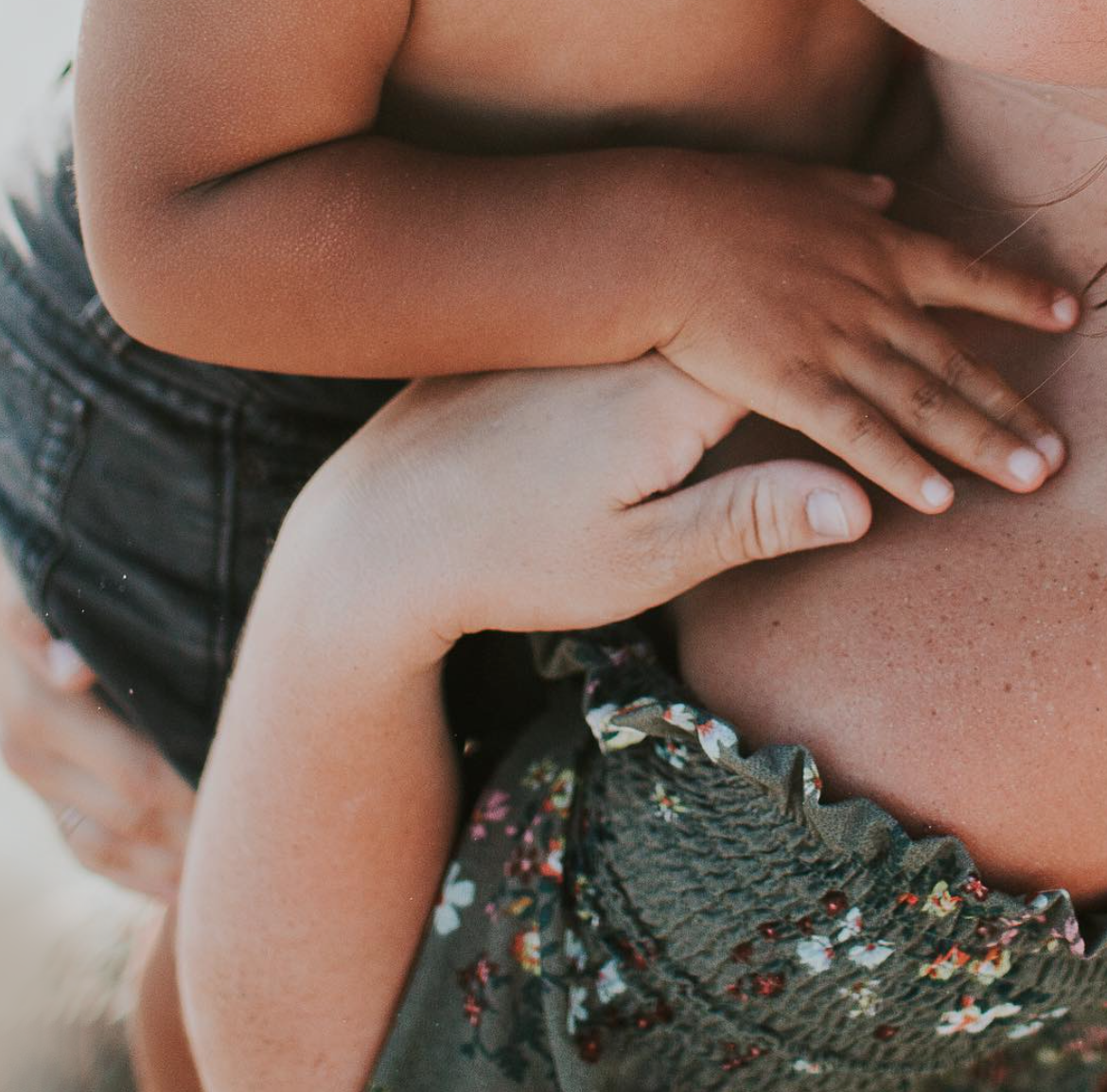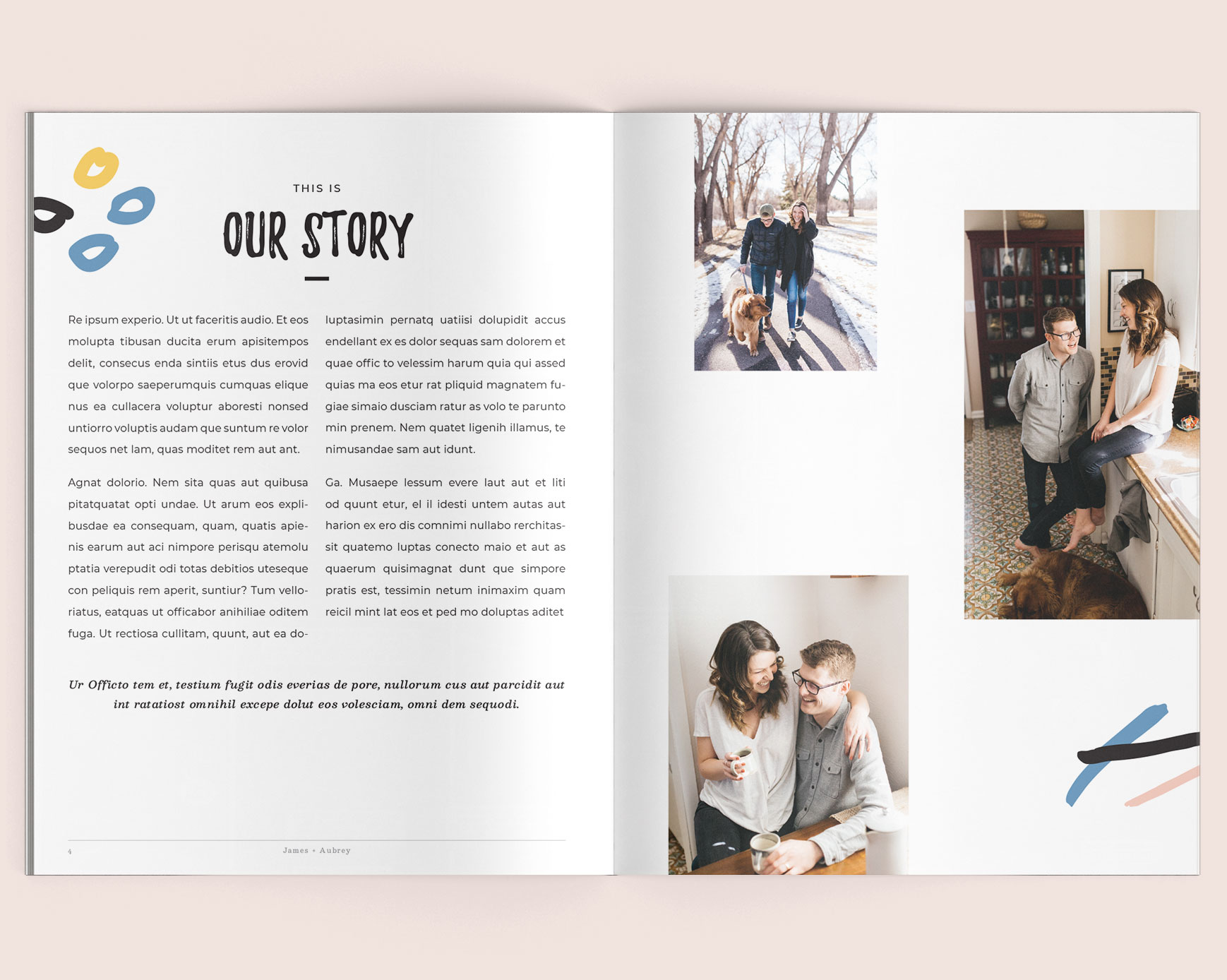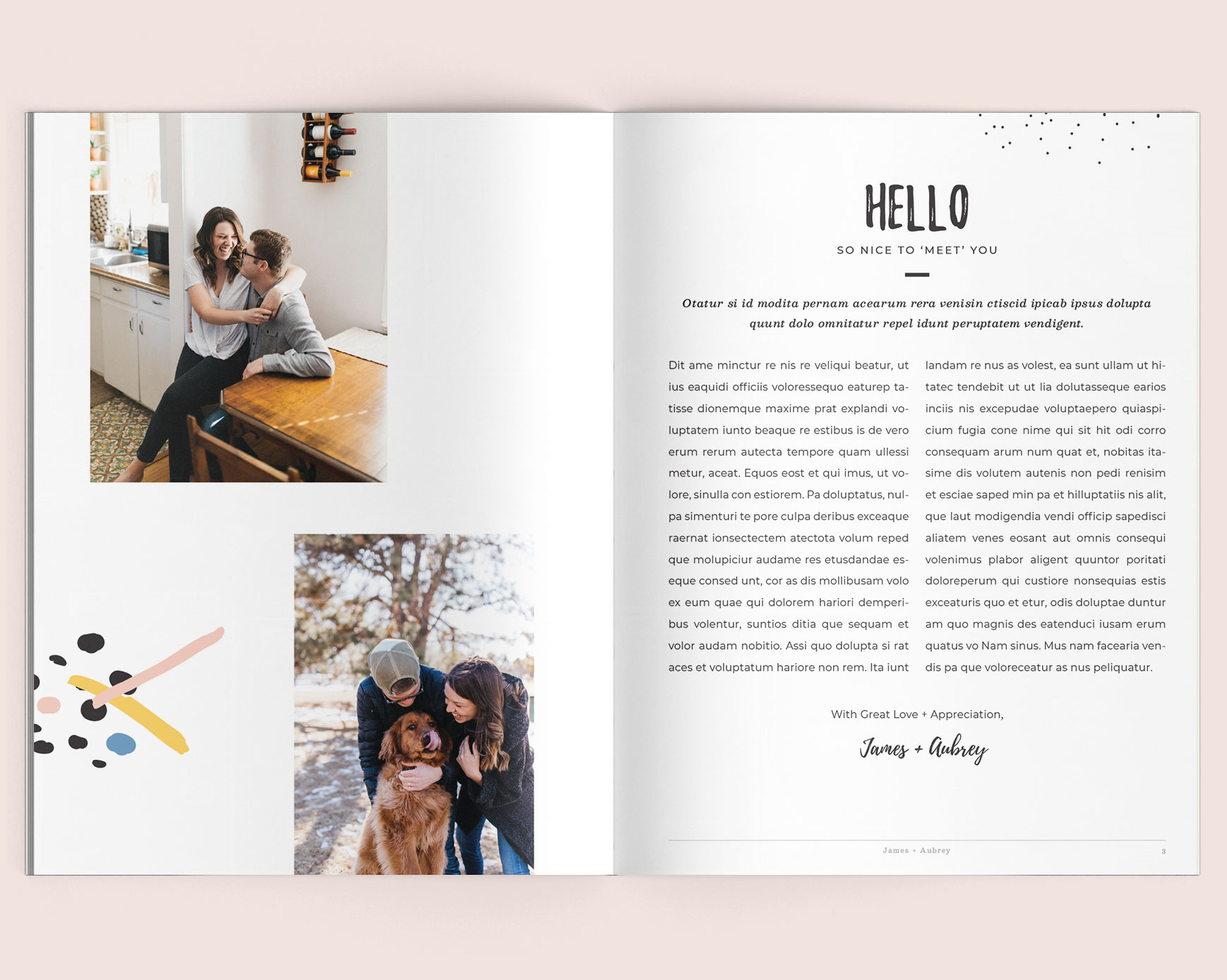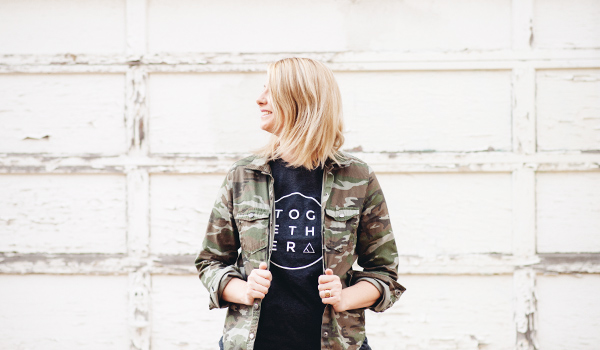My parenting journey practically began with fear for my daughter’s life. At 20 weeks pregnant I was told by a doctor with kind eyes and a gentle spirit that my baby would be born with an intellectual disability and a severe heart defect requiring surgery within weeks of being born.
I didn’t know it yet, but in that moment, my parenthood required me to be an ally to the disabled and chronically ill community – a role that I am still learning to embody.
The word ally has become common over the past several months as our country faces the culmination of its racist history. We have seen countless white people claim allyship for joining an anti-racist book club or buying a Black Lives Matter t-shirt, a low bar for a term that historically denotes military action together with similar aims. As countless Black leaders have said over the past few months, allyship requires action. This is true for any person claiming to be an ally to any oppressed community. Adoptive parenting is no exception.
We adopted my son a few years after my daughter was born. By the time he came home, I’d learned about the need for adoption reform and I was beginning to learn my place as an advocate in the triad community. I began to speak out about the need for more openness, trauma-informed parenting, and accountability in the community.
Today I have come to learn the importance of using my privilege to move from advocacy to allyship.
What does adoptive parent allyship require of me?
Adoptive parent allyship requires me to learn about the shame and secrecy built into adoption legislation throughout history.
Adoptive parent allyship requires me to sit with the feelings that came up when I read about women who were coerced into surrendering their children for adoption in the 1950s and 1960s.
Adoptive parent allyship requires me to process my own trauma to mitigate its effect on my children.
Adoptive parent allyship requires me to face the primal wound’s lifelong effect on adoptees and realize that biology is truly irreplaceable.
Most of all, adoptive parent allyship requires me to de-center my own experiences and advocate for justice for other sides of the adoption triad.
Most adoptive parents parenting children who do not share in our privilege.
Transracial adoptees are telling their stories of being raised in white families where their identity was not validated and their heritage was not represented. Adoptees with disabilities tell stories of ableist narratives being their first understanding of their diagnosis, the pain of which is amplified by having been adopted into their families. Adoptees with behavioral and mental health diagnoses are more likely to have their adoptions dissolved, and thereby experience repeated attachment injury. Transnational adoptees have been denied paths to citizenship and deported in the last year. Adoptees who spent time in foster care are more likely to experience homelessness, addiction, and incarceration.
If you are an adoptive parent reading the above paragraph thinking some version of, “None of that applies to my family/child,” I would invite you to consider the following about the adoptee experience in general:
- Adoptees have compromised or entirely restricted access to their original birth certificates in 41 states plus the District of Columbia in the U.S.
- Adoptees experience trauma, often pre-verbally, that is largely misunderstood by mental health professionals.
- Adoptees are 4 times more likely to attempt suicide than their non-adopted peers.
- Adoptees endure painful oversimplifications about their lived experience and currently shoulder the majority of the burden of correcting society’s misunderstandings.
- Adoptees are the only members of the triad with no agency in the outcomes of their adoptions –- their painful experiences related to adoption are never their own fault.
Regardless of the intersections of oppression or privilege at which you and your child live, allyship with adoptees is necessary for adoption reform.
I invite you to move beyond advocacy and into allyship.
It is important to remember that many adoptive parents are living at intersections of oppression, some which they share with their child.
Not all adoptive parents are white, able-bodied, non-adopted, citizens. Many live at intersections of oppression in society that bring them solidarity with their adopted children. I would be remiss to exclude these unique experiences in this invitation for allyship of adoptive parents. Our community has gone far too long with the white savior narrative of adoption, so this shift in understanding is important.
What is adoptive parent allyship requiring of you?
The conversation around allyship demands nuance and individuality based on you and your child’s intersection of identity, so that is a question you will have to answer for yourself. Perhaps the most important element of allyship is spending one’s privilege by de-centering oneself, which starts with listening to adoptees even when it brings discomfort.
Here are a few people that I have found to be helpful on this journey:
Hannah Matthews (@_heytra) helps us unlearn white supremacy by telling us, “You’re going to make mistakes. When have you ever learned anything without first getting it wrong?“
Andie Coston (@andie_ink) offers us a lesson in trauma education by reminding us, “All trauma is valid. But all trauma is different.”
Sarah Williams (@anadopteetalksback) implores us to “not take up space that is not yours to take” as adoptive parents.
Claire Hudson (@project_dawn) reminds us to validate the full range of emotions expressed by adoptees when she explores anger around her adoption story.
We can only be allies to our adopted children if we recognize the inherent privilege we hold, spend that privilege by de-centering ourselves, and take action toward building a better future for the adoption community.
WRITTEN BY ALLISON SWEATMAN: Allison Grigsby Sweatman (@allison_sweatman) is a social worker living in central Arkansas with her husband, Andrew, their kids Beau (6) and Rosie (5), and their dogs, Luna and Benji. Allison is an advocate for adoption reform and disability rights and in her spare time, she loves to cook and write. Allison is cohost of @traumainformedeverything , a podcast exploring what trauma-sensitive care can look like in every corner of society.










